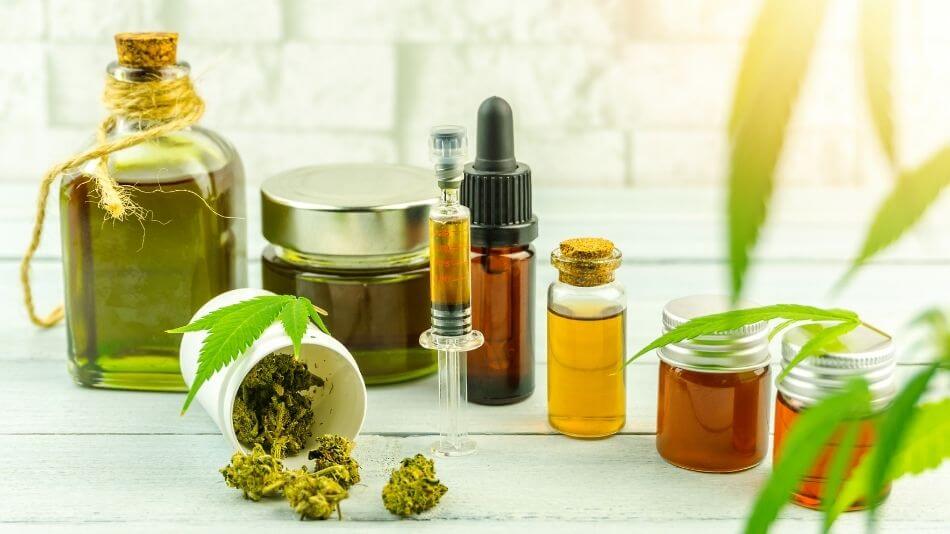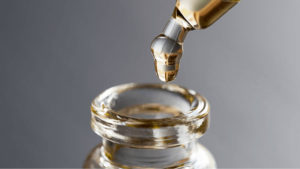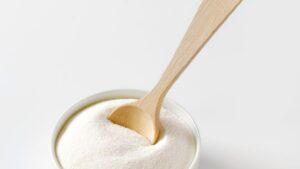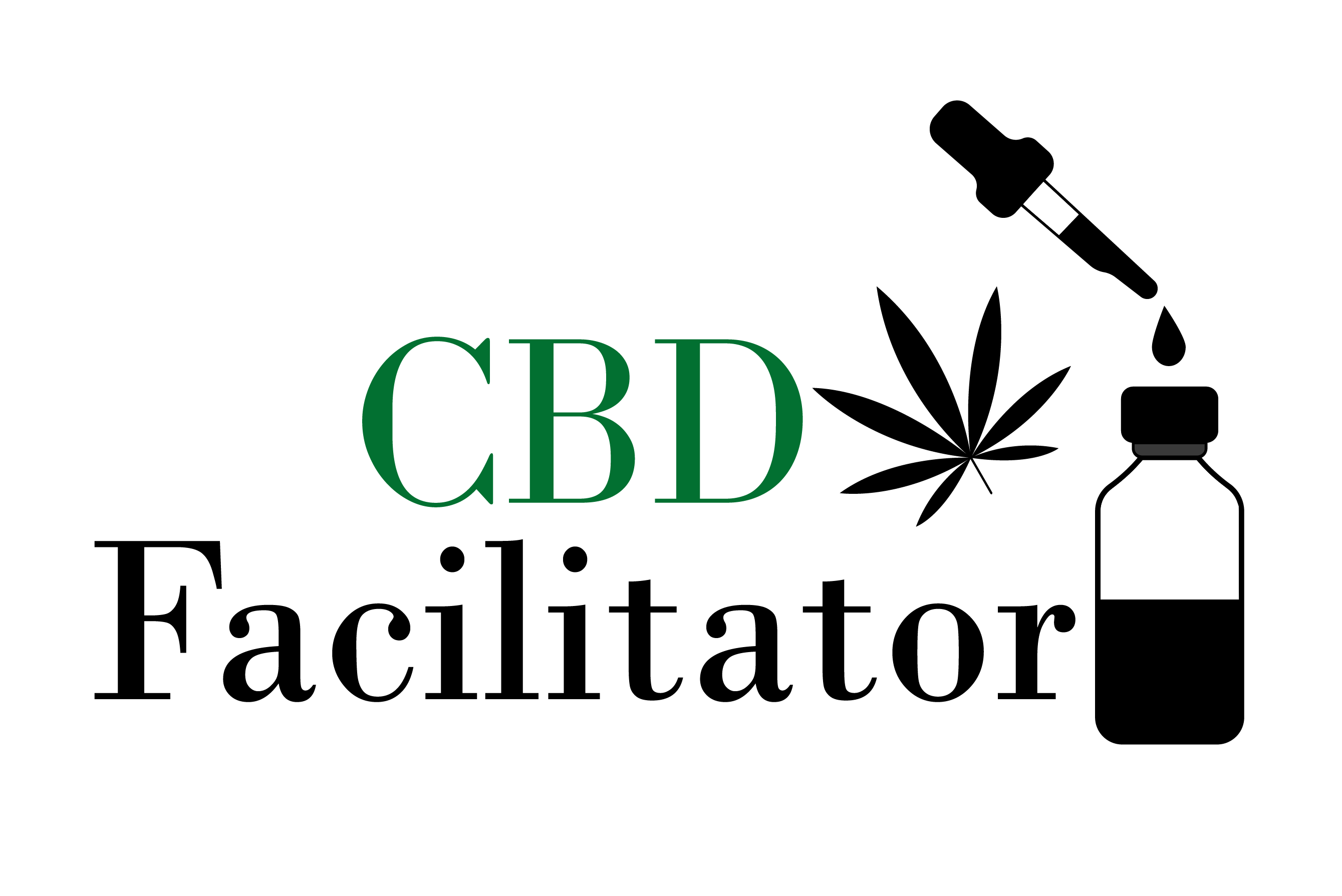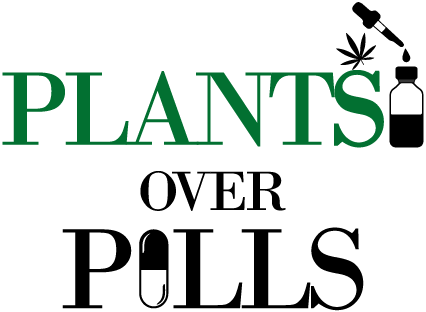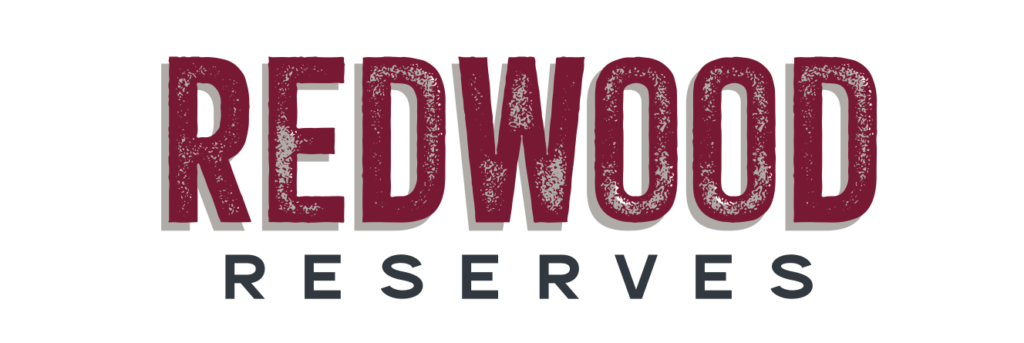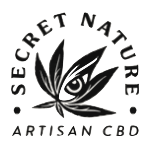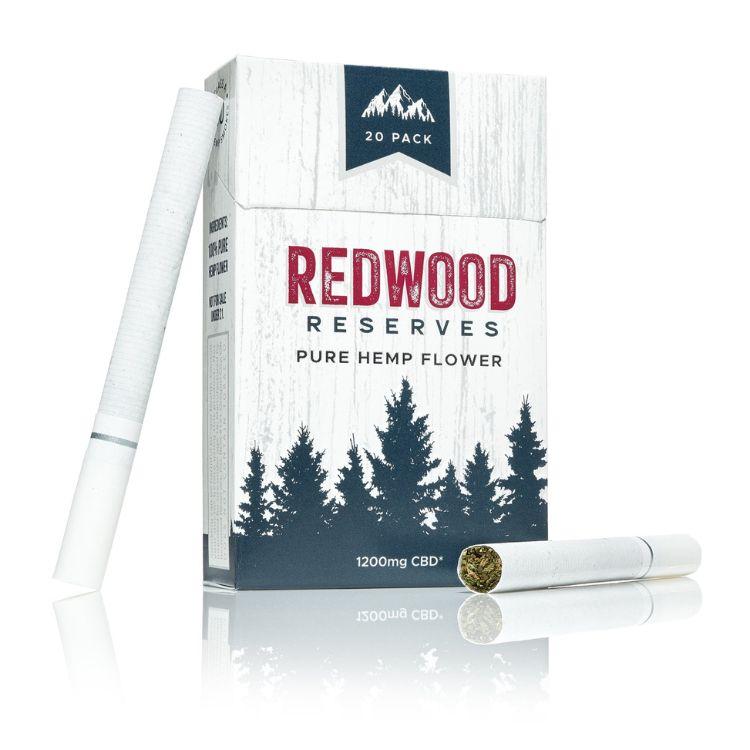Delta-8 THC is viewed as a loophole that makes it possible to access and use THC legally, but when it comes to its repercussions, things can get complicated.
While your employer may not be able to fire you simply for believing you use delta-8 THC, they can punish or fire you for failing a drug test, which is a consequence that delta-8 use may cause. Delta-8 THC mimics delta-9 THC in many ways, so it can still pose many of the same risks.
It’s likely that how employers handle delta-8 use will change over time, as will the language that is used to regulate the substance. But, for the time being, there’s a lot of uncertainty, which means that it can be challenging to make a decision you feel comfortable with. Let’s take a deeper dive into delta-8 and how it might affect your career.
Can You Get Fired for Delta 8?
There isn’t much precedent set for neither employers nor employees regarding how to handle delta-8 THC use, but it is important to note that delta-8 THC may lead you to fail a drug test, which can create problems in the workplace.
In other words, even if your employer can’t fire you simply for suspected use of delta-8 THC, they can do so because of a failed drug test.
The nearly-identical molecular makeup of delta-8 THC and delta-9 THC (the classic THC that comes from marijuana), as well as their urinary metabolites (broken down molecular pieces of the substance that end up in your urine), means that it’s not uncommon for a drug test to fail to differentiate between the two.
That means that even if delta-8 isn’t technically illegal where you live and you decide to use it, you may still face consequences like disciplinary action and, in some cases, termination, just like you would for having any other controlled substance in your body.
What Drugs Do Employers Typically Test For?
Employers typically test for the most commonly abused substances in prospective and current employees, especially if you work in an industry where safety is a priority (transportation, for instance).
The type of drugs employers test for depends on the type of drug test they use. A 5-panel drug test, for example, looks for far fewer things than a 10-panel drug test.
You’re far more likely to encounter a 5-panel drug test than anything else; these tests are the easiest and cheapest to distribute, but they also look for some of the most popular and harmful drugs an individual might use.
A standard 5-panel drug test looks for the following substances:
- Marijuana (THC)
- Amphetamines (“speed,” methamphetamine, Adderall, Ritalin, etc.)
- Cocaine
- Opiates (heroin, morphine, codeine, etc.)
- Phencyclidine (PCP)
These controlled substances are psychoactive and impairing, meaning their presence may raise red flags with an employer.
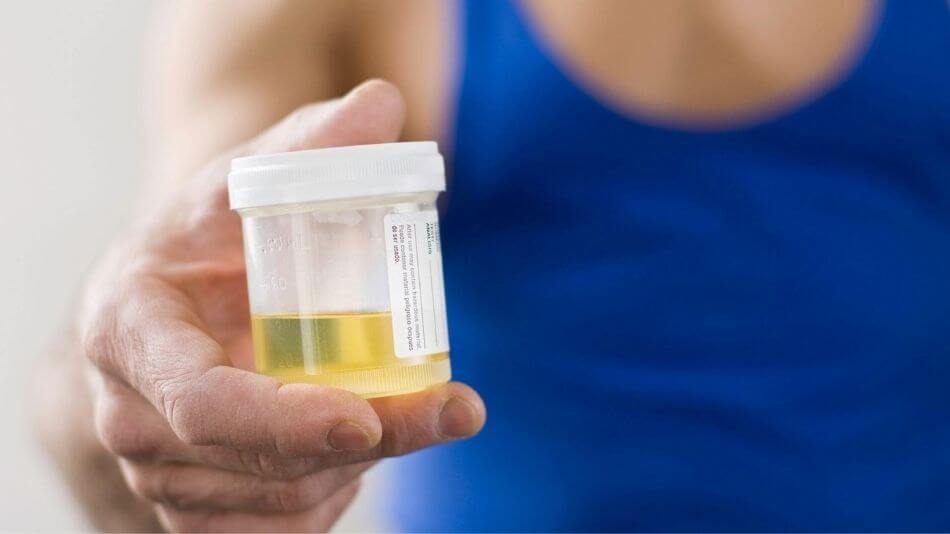
What Is the Most Common Employment Drug Test?
A 5-panel drug urine test tends to be the most common type of drug test used by employers across the board, but a 10-panel urine test is also a relatively popular option.
Other types of drug tests, like blood tests, saliva tests, hair tests, etc., are also possibilities, but they tend to take longer to conduct, may not be able to detect long-term use, and can be pricey for employers.
Urine tests are easy for everyone involved, and the results they produce can be accessed within just a few hours in most cases.
10-Panel Urine Test
If you work in an industry or company that’s particularly strict about drug use or has heightened safety risks, it’s possible you’ll run into a 10-panel urine test.
These tests look for all of the substances a 5-panel test does but includes other frequently-abused drugs for a more full picture of an individual employee’s substance use.
A complete profile of the substances screened for in a 10-panel urine test is as follows:
- Cannabis (THC)
- Cocaine
- Amphetamines
- Opioids
- Benzodiazepines (Xanax, Valium, etc.)
- Barbituates
- Phencyclidine (PCP)
- Methadone
- Methaqualone
- Propoxyphene
Fortunately, even in the case of more extensive testing, CBD does not show up on a drug test. That’s because it’s a non-psychoactive and non-controlled substance that doesn’t cause impairment.
Is Delta-8 Legal for Federal Employees?
Though the federal government has taken steps to classify delta-8 THC as a synthetically-derived version of THC (and therefore still a controlled substance), there isn’t much in place to explicitly outlaw the drug or punish those who use it.
But just because there’s not a lot of language outlawing delta-8 THC doesn’t mean that it’s safe or “legal” to do so.
Remember that delta-8 THC can make you test positive for THC on a drug test, which can, of course, lead to serious consequences, especially as a federal employee.
So, to put it simply: delta-8 may not be clearly and plainly illegal for federal employees, but its similarities to delta-9 THC mean that it will likely lead to many of the same problems and concerns.
Is Delta-8 Illegal in Any States?
Most states, as of 2022, have yet to release anything officially condemning or supporting delta-8 THC. Instead, federal law tends to guide how states handle the production, sale, and use of this substance, with some exceptions.
Some states have, to some extent, begun to take action to answer the delta-8 question; things like prohibiting the production of delta-8, limiting its sales, or banning it may come into play now and into the future.
According to Reuters, and as of late 2021, 18 states have either restricted or banned delta-8 THC in one way or another, including:
- Alaska
- Arizona
- Arkansas
- Connecticut
- Colorado
- Delaware
- Kentucky
- Iowa
- Idaho
- Michigan
- Mississippi
- Montana
- New York
- North Dakota
- Rhode Island
- Utah
- Vermont
- Washington
State laws are constantly changing and emerging, so be sure to check in with your state’s current regulations (if any) before making any purchases if you’d like to err on the side of caution.
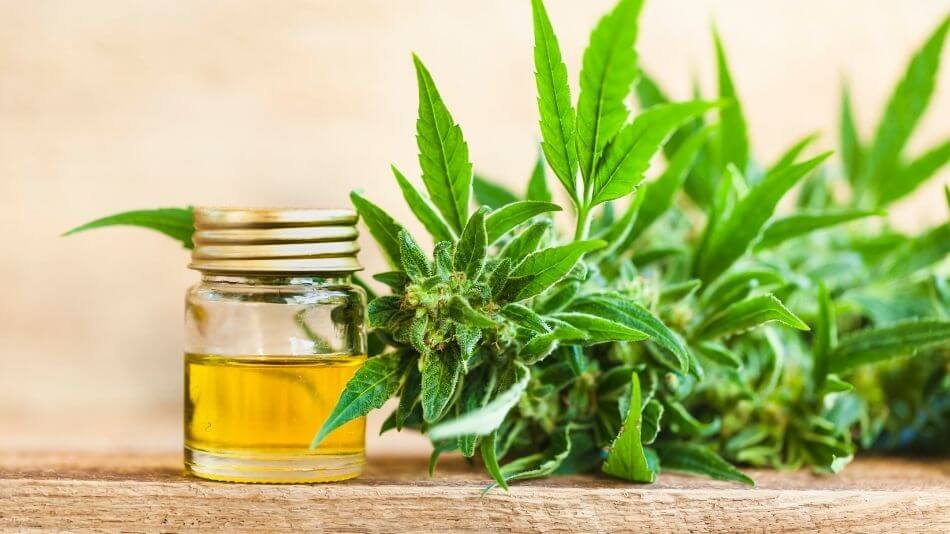
How Long Will Delta-8 Stay in Your System?
Delta-8 THC, much like delta-9 THC, can linger in your system for a few days to a few weeks or more, depending on how much you use and how frequently.
The more heavily you use delta-8, the longer it will take to leave your system entirely; daily users may need upwards of 2-4 weeks to be completely free of the substance.
So, if you’re concerned about drug testing, it’s best to ensure you stop using delta-8 well before you need to take your test. If you’re subject to random testing, understand that delta-8 may still cause problems even if you haven’t used it for a few days.
How to Get Delta-8 Out of Your System
To get delta-8 out of your system, you must first work to release the stores of it being held in your body so that they can be flushed out.
Cannabinoids like delta-8 THC are stored in fat cells, so the only way to do this flushing out is to exercise and burn fat.
Be careful, though; exercise will burn off fat and therefore cannabinoids, but they’ll be flushed out in your urine. That means that the levels of delta-8 in your urine will be temporarily elevated following a workout.
So, if you have a drug test later in the day or even in the week, trying to exercise to rid yourself of as much delta-8 as possible may actually have the opposite effect, at least temporarily.
Regular exercise, hydration, and overall good health practices over the course of a few weeks is the best and most reliable way to get not just delta-8 THC, but other cannabinoids out of your system.
Final Thoughts
It’s tricky to navigate the legal gray area that substances like delta-8 THC exist in; though there are some changes to legislation that technically mean the substance isn’t completely innocuous, there still is a lack of precedent to act off of.
Because of this, it’s best to err on the side of caution, especially if you’re concerned about how delta-8 use may impact your job.
Though it’s often painted as a “legal loophole” for accessing THC, delta-8 is not removed from the consequences that can come with using marijuana.
Even still, delta-8 is typically derived from hemp flower, which means that it’s fairly easy to access and will likely continue to be present until more concrete laws are put into place.
A lack of regulation means that delta-8 products can be unpredictable, so even if you’re looking to try out THC, they’re probably not the best course of action to do so.
Opting for without-a-doubt-legal CBD products that contain trace amounts of THC and other cannabinoids is an alternative option; this way, you can still reap some of the benefits of THC without putting yourself at risk legally or in terms of safety.
To find these products and other options that might work for you, be sure to visit our directory to find sellers you can trust.
